Project Summary
Imagine being able to train your emergency skills in a realistic environment without any real-world risk. The VR Charlie project brings the Glasgow Coma Score (GCS) directly into a virtual world. Designed for the future, this immersive VR experience allows you to handle critical patient examination scenarios, simulating real-life emergencies right from your computer or VR headset.
Exam Scenario
You are a first responder, called to an accident scene. A patient lies unconscious on the roadside, eyes closed. In this VR experience, you must assess the patient, determine their Glasgow Coma Score, and take the necessary steps to ensure their safety.
Interactive Patient Experience
- Eye Movements: The avatar can open and close its eyes, reacting naturally to light and interactions.
- Facial Expressions: Witness realistic pain responses, crucial for learning to assess pain levels effectively.
- Body Movements: Subtle arm or leg movements in response to stimuli like shaking or touching, creating an immersive experience.
- Verbal Interaction: Ask questions and receive appropriate responses, guiding your decision-making.
Future-Proof Design
VR Charlie is not just a training tool—it’s a blueprint for future virtual labs and examinations. Built with flexibility and future expansion in mind, this project will serve as the model for further VR developments in medical training and beyond.
Outlook
With VR Charlie, medical training is stepping into the future. Realistic, accessible, and scalable—this virtual examination environment not only enhances skills but also ensures learners are prepared for the challenges of real-world emergency scenarios. This project aims to be the beginning of a revolution in how medical students train, ensuring safe, effective, and repeatable examination experiences in a fully immersive virtual world.
Back to Main Page
